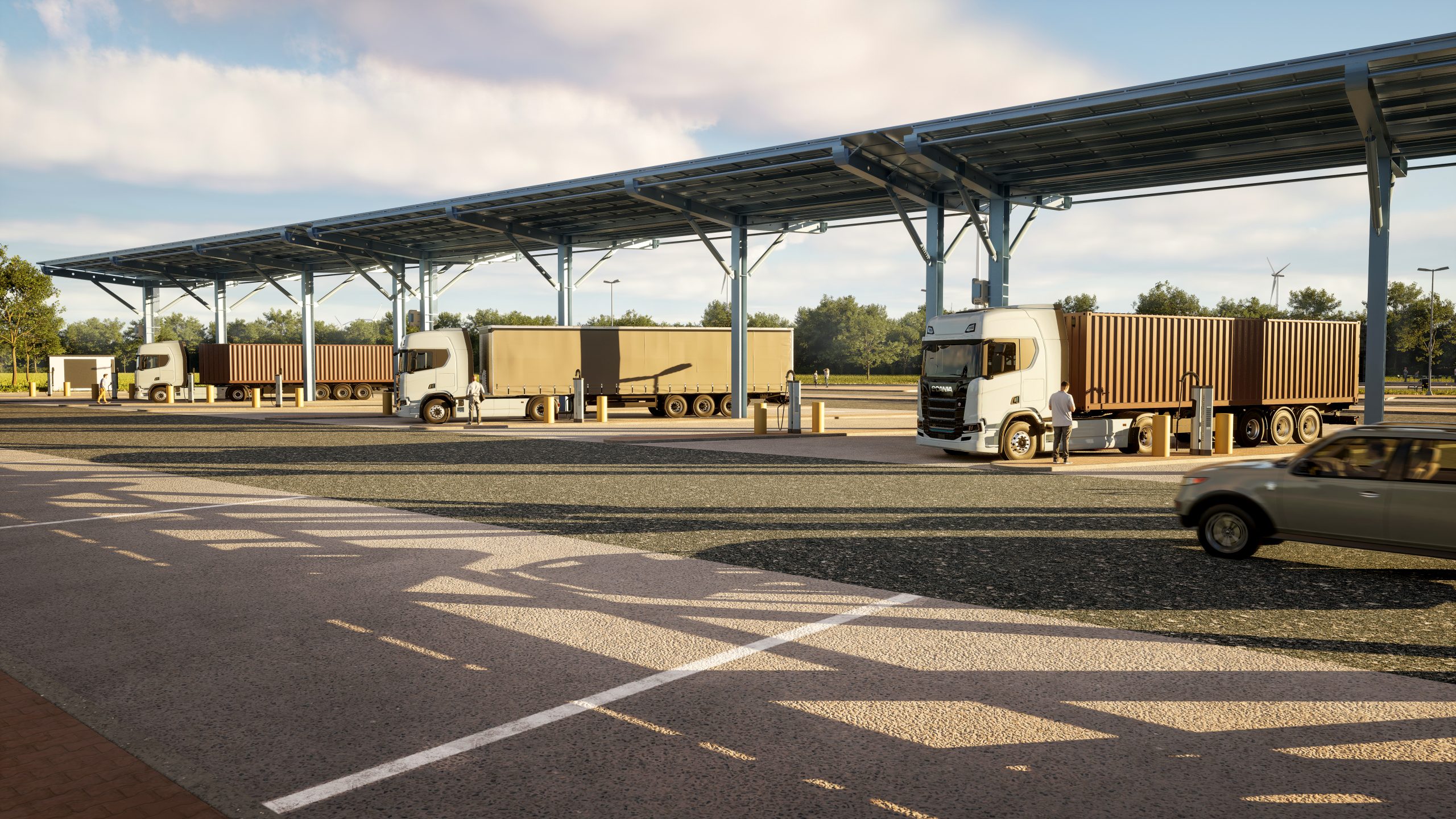
Electrification – The Next Frontier for Decarbonizing Transport
Read More
Electrification is rapidly gaining attention as a key solution for reducing emissions in the transport sector. While companies like Volvo, Daimler, and Scania are advancing battery electric trucks for long-haul use, widespread adoption faces hurdles. High costs and limited charging infrastructure are significant barriers. This article explores how electrification can transform logistics and the challenges that need to be addressed for a more sustainable future.
Electrification – The Next Frontier for Decarbonizing Transport
Electrification stands out as a conduit to reducing the logistics sector’s carbon footprint. Battery electric trucks (BEVs) are increasingly viable alternatives, with several manufacturers now producing vehicles capable of meeting long-haul transportation needs. However, the adoption of these technologies remains slow, with only electric trucks only encompassing 1.1% of new heavy-duty trucks sold in Europe as of 2024.
Several barriers hinder this transition, chief among them the high upfront costs associated with BEVs. The initial investment for battery electric trucks can be two to three times that of traditional diesel trucks, driven largely by expensive battery tech. Smaller owner-operators, who constitute a significant portion of the transport sector, face challenges in investing in these new vehicles due to cost concerns and uncertain residual values.
The lack of en-route charging infrastructure complicates long-distance transportation using BEVs. For many transport companies, the absence of a reliable charging network poses a significant barrier to adopting electric vehicles. This situation creates a classic chicken-and-egg dilemma: without sufficient charging stations, the demand for electric trucks remains low, and without demand, investment in charging infrastructure does not increase.
To realize the full CO2 reduction potential, the logistics sector must address these challenges head-on. This involves improving operational efficiency, building out a widespread charging network, and ensuring that all actors—from manufacturers to logistics operators—work together. Collaborative approaches, such as shared charging stations or partnerships between logistics companies and energy providers, can help alleviate some of these barriers.
If successfully implemented, electrification will significantly reduce transport emissions and drive long-term sustainability. With advancements in battery technology and the expansion of charging infrastructure, the logistics sector can transition to electric solutions that are not only environmentally friendly but also economically viable. It is a pivotal moment for the industry, and with a proactive approach, a sustainable logistics ecosystem is within reach.
